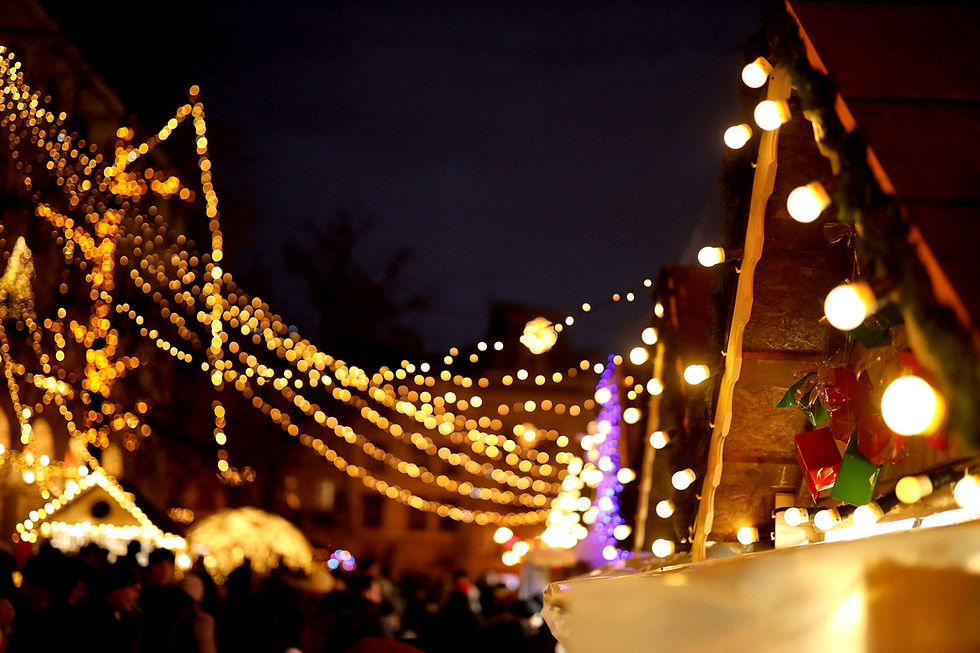Fall Back Safely
- Charbel
- Oct 27, 2015
- 3 min read

One of the biggest signs that summer is officially over is scheduled to take place this week. No we’re not talking about Halloween – we’re referring to the start of Daylight Savings Time. This Sunday marks the end of spring time with the autumn time change. At 2:00 AM on November 1st, it is time to “fall back” and gain an extra hour of daylight as we move toward the winter solstice.
What will you do with your extra hour? At NCR Home Inspection, we would like to encourage homeowners to use their new-found sixty minutes to address some safety items in their homes. With the sheer volume of maintenance tasks that come with winter’s arrival, we’ve found that despite their importance, the following tasks are easily overlooked:
Testing Smoke Alarms & Carbon Monoxide Detectors

Whether your smoke detectors are wired or stand-alone, ensure they have functional batteries by testing them monthly and replacing the batteries twice a year. The time change is a great reminder for this. You must have at least one smoke detector on each floor, but we recommend more.
The same approach applies to carbon monoxide detectors. Not sure what those are, or if you have one? Carbon monoxide is a colorless, odorless, tasteless gas – which makes it impossible to detect. It is a by-product of incomplete combustion, and at high concentrations it can be deadly. Carbon monoxide detectors sample the air at specific time intervals. A microchip inside the detector stores the reading and keeps track of the level of carbon monoxide that the detector is exposed to over time. You should usually have one or more carbon monoxide detectors in your house, but follow the manufacturer’s recommendations. This usually means one per floor. Like smoke detectors, be sure to maintain and test the unit regularly.
Turning Off Outdoor Faucets

As the temperature drops homeowners must turn off their outdoor faucets. This is done by shutting off the supply valve, which is typically located inside the home. The outside valve is typically left open to allow any water in the pipe to escape. Faucets must be turned off to prevent pipes from freezing and subsequently bursting.
Frost-proof hose bibbs don’t have to be shut off in the winter. These valves have a long stem that penetrates through the building wall and shuts off the water supply inside the building. These valves should be sloped to drain any water in the stem to the outdoors.
Taking Measures to Keep Your Home Pest-Free
The smallest openings, cracks, and crevices in your home can serve as rodent entry points. Rats can fit through holes the size of a quarter, and mice only need a hole the size of a pencil. There are several steps you can take to help prevent rodents from accessing your home. These include:
Checking the interior and exterior of your home for entry points, and sealing any unnecessary openings with weather-resistant sealant reinforced with steel or copper wool so rodents cannot gnaw through it.
Making sure doors or windows are flush against their frames and the floor, and use weatherstripping to fill in any gaps.
Trimming landscaping away from your home, as shrubbery can provide harborage for rodents.
Storing food, including pet food and bird seed, in tightly-sealed containers, preferably made of tin or plastic, and clean up food and water spills immediately.
Vacuuming, sweeping, and mopping regularly to eliminate food and water sources that might attract rodents.
Keeping trash cans tightly sealed and disposing of trash regularly.
We know it can be hard to find the time, but this Sunday save yourself some frustration by taking care of the above safety and comfort items. Looking for more seasonal maintenance tips? Click here to check out our NCR Home Inspection winterizing checklist. And as always, if you have a homeownership issue you’d like more information or guidance on, comment below or email us and we’ll do our best to help out.
Copyright 2015/2016 Carson, Dunlop & Associates Ltd. All rights reserved.
No text may be copied from this article without the express written permission of Carson, Dunlop & Associates Ltd.























Comments